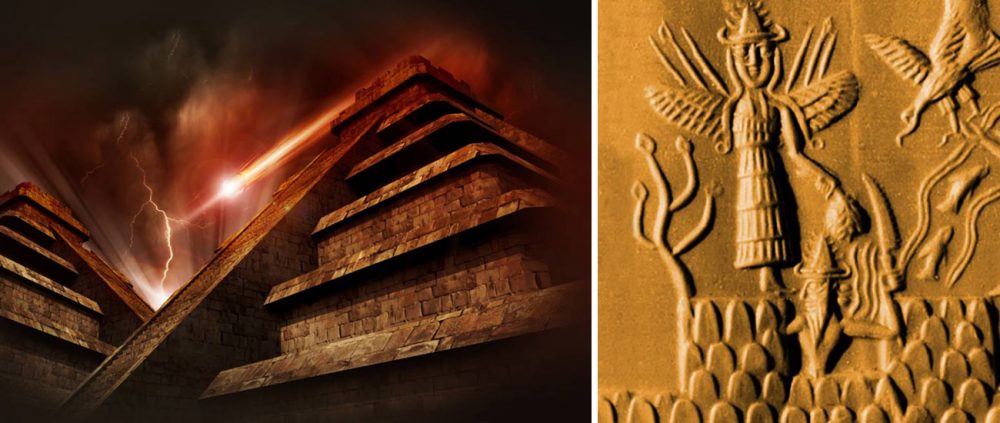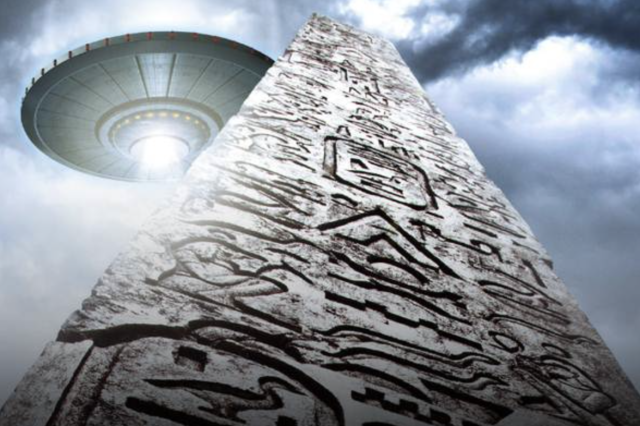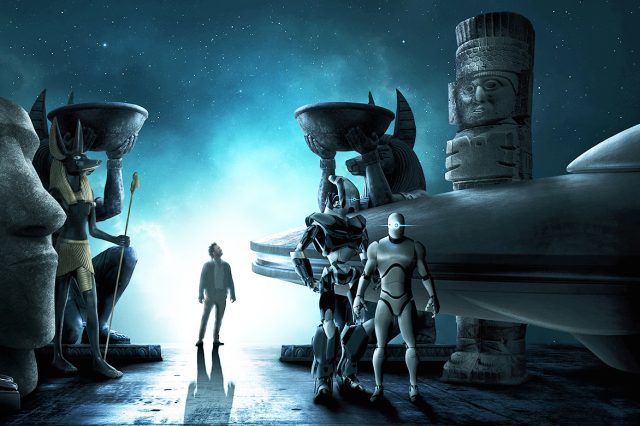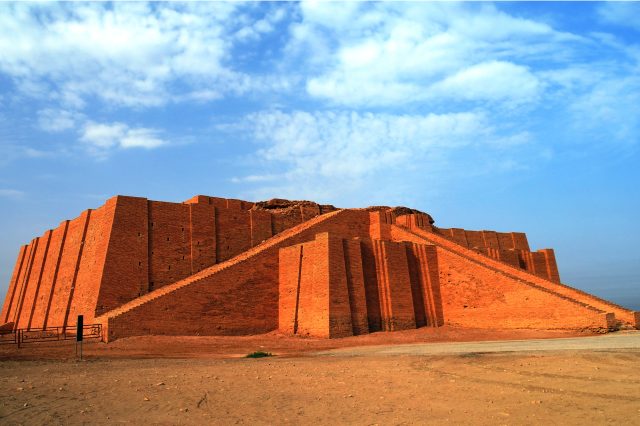Did the ancient Sumerians really predict the end of the World?
As long as the world exists and people are on it, we’ve probably wondered how we came here in the first place and how everything will end. Throughout millennia, people have wondered about Armageddon’s end of times, the apocalypse, far too many times.
And things do not seem to change as our civilization grows older. Thousands of years ago, ancient civilizations wrote about their view on the end of times. Many tales and myths about the end of times have sparked modern interpretations of the apocalypse.
Scholars, “experts,” and historians have tried to understand alleged “signs” left by an ancient civilization, attempting to understand whether or not humankind can foretell when the apocalypse occurs.
The End of Times and the Maya
Such world-ending predictions are numerous. We can find them in the Bible, we can find them in ancient Mesopotamia, and we can find them in America. Remember 2012 and the Maya? Many authors argued that 2012 would be the end of times and that the Maya predicted it thousands of years ago, leaving a message in their calendar. But 2012 came and went, and we are still here.
Ancient Sumer and Nibiru
But although the apocalypse did not occur in 2012, many world-ending predictions are still around. One of the more popular world-ending predictions has something to do with the ancient Sumerians and an alleged planet conspiracy theoristd called ‘Nibiru.’
Nibiru, aka Planet X, is a supposed world somewhere in the outermost reaches of the solar system. Supposedly, this world is a huge planet home to an alien species called the Anunnaki, which also created humankind. This planet will supposedly crash into Earth, fulfilling prophecies of the end of times.
All of the above is according to theories set forth by Zecharia Sitchin and ancient alien theorists who are convinced that Sitchin’s translations of Sumerian texts are the ultimate evidence of aliens, our creation, and the end of times.
According to Sitchin’s interpretation of ancient Mesopotamian religious texts, which contradicts conclusions reached by all credited scholars of Mesopotamian history, the giant planet (Nibiru or Marduk) passes by Earth 3,600 years, allowing its sentient inhabitants to interact with humanity.
Sitchin identified these beings with the Anunnaki in Sumerian mythology and claimed that they were humanity’s first gods and humankind’s creators.
Apocalypse or not?
But did the Sumerians speak of ET, a massive planet called Nibiru, and the apocalypse? Zecharia Sitchin was a scholar and author who supposedly worked on translating several Akkadian texts. His translations were eventually linked and interpreted by different people in their own way. Sitchin’s translations are still heavily criticized by experts.
The theories set forth by Sitchin are presented in his bestselling book, The Twelfth Planet.
From ancient Sumerian texts, there was a description that our creators came from a yet discovered planet that enters our Solar System ever 3,600 years.
The texts said that they were known as the Nephilim, and that they had colonized Earth over 400,000 years ago. The bible also mentions this race, and calls them the “sons of God”.
From there, different authors and writers from around the world have picked up theories and expanded them into new branches that tell an incredible story.
Nibiru this, Nibiru That
So, what’s all the fuzz about Nibiru? If you ask anyone astronomer, they’ll tell you that Nibiru has not been discovered, is not out there as far as we know, and there are no indications it ever has. Nonetheless, as Sitchin noted in his bestseller, the planet is there. Society doesn’t know it there because world governments and space agencies have worked hard to keep the general public’s truth.
Nibiru’s supposed orbit around the sun is much weirder and more elongated than the orbit of any other planet in our system. Sitchin argued in his translations that one full rotation of Nibiru around the sun takes more or less 3,600 Earth years.
This means that our planet comes into contact with Nibiru rarely. In his writings, Sitchin connects several biblical and historical events to Nibiru’s presence and even suggests that Nibiru caused the great flood that swept across the planet as it came closer to Earth. Lately, Nibiru has become one of the most popular conspiracy theories on the internet. Occasionally, a new prediction has something to do with the massive planet and how it’s hiding in the sky.
No Scientific Basis
Scientific evidence does not support the idea that a planet-sized object will collide with or closely pass by Earth in the near future. Furthermore, it has been rejected by astronomers and planetary scientists as pseudoscience and an Internet hoax.
This doesn’t mean there aren’t any planets or objects beyond Pluto. Astronomers have hypothesized many planets beyond Neptune, and though many have been disproved, some remain viable candidates, such as Planet Nine.
All the current candidates are in orbits that keep them well beyond Neptune throughout their orbit, even when they are closest to the Sun. Sitchin’s theories have been expanded year after year. In 2017, a conspiracy theorist made headlines after claiming that Nibiru would arrive on September 23, 2017. causing devastation and destruction, and we have not seen the planet because NASA has covered it up to maintain calm among us.
But 2017 came and went, and Nibiru is nowhere to be found except in books and lines of new conspiracy theories. The future will surely bring us more theories on how Nibiru is coming, and new dates will be proposed, but as far as we are aware, Nibiru won’t trigger doomsday, so keep calm and love history.
Have something to add? Visit Curiosmos on Facebook. Join the discussion in our mobile Telegram group.





